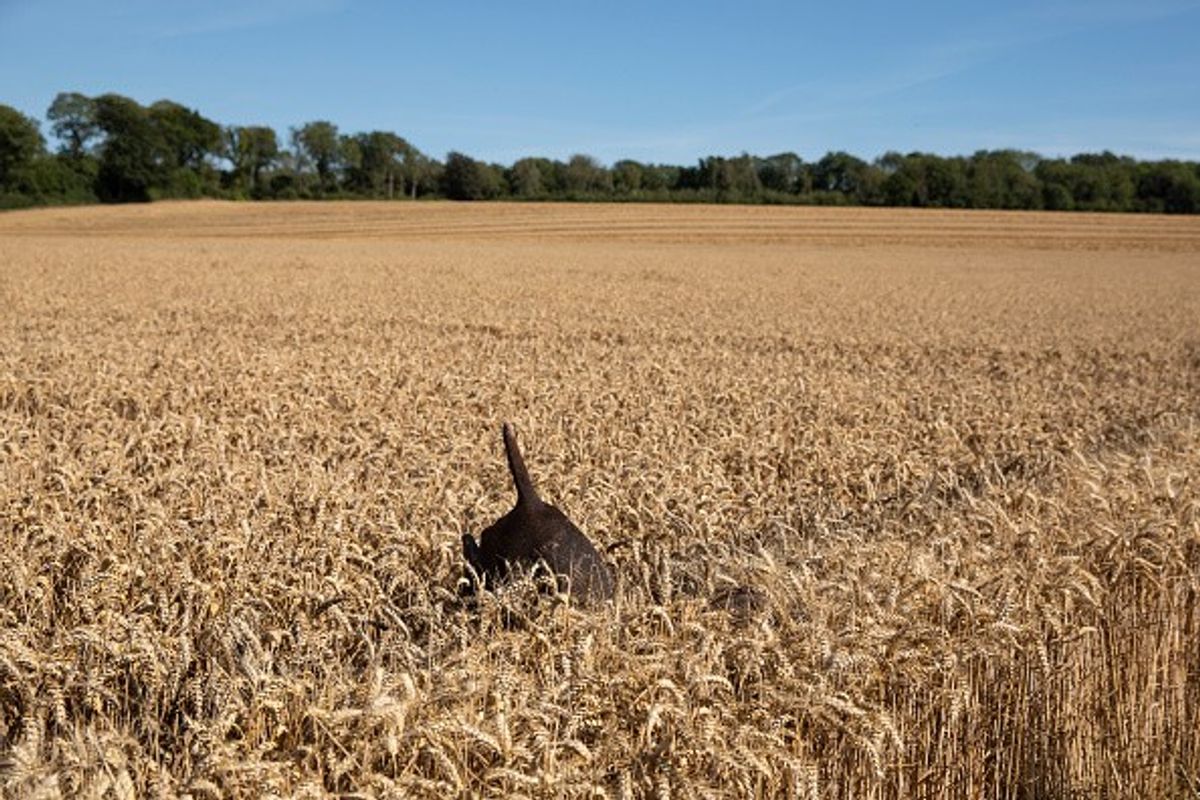Food prices are expected to rise further in the coming months, farmers have warned saying harvests of wheat, oilseed rape, potatoes and other crops have been hit by the cool, wet summer.
Many British crops are being harvested at least a fortnight later than usual, either because they were planted late due to the cold start to the spring, or because farmers are battling inclement weather and waterlogged fields. The delays and wet weather are affecting the quality of crops.
James Peck at PX Farms, who has 12,500 acres in Cambridgeshire and Lincolnshire on which he grows a mix of crops including oilseed rape, oats and wheat, told The Guardian how his oilseed rape harvest was likely to be as much as one-fifth lower.
Some of his wheat crops have also been flattened by rains, meaning harvests in Cambridgeshire are down by as much as a quarter.
Daily yields per hectare of potato crop is also down by as much as one-fifth, as wet soil clings to the potatoes so they take longer to process and hold up machinery.
Matt Culley, the National Farmers’ Union’s combinable crops board chair, said many farmers were being forced to harvest damp crops before they became over-ripe and damaged enough to drop in price because they did not meet the quality promised.
“We are looking at a break-even year if at all. Our input costs are the highest we’ve ever had for fertiliser and then we have higher diesel, labour and machinery costs. Parts and spares have risen massively,” he said.
The wettest July on record for parts of the UK risks comes amid rising global grain and oil prices due to the ongoing conflict in Ukraine and unpredictable weather affecting harvests from southern Europe to China.
Russia last month terminated Black Sea grain deal leading to spike the cost of wheat over uncertainty about Ukrainian grain exports. Russia’s subsequent attacks on Ukrainian port infrastructure on the Black Sea and River Danube pushed international wheat prices up by 1.6 per cent last month, according to the UN food price index.
Meanwhile, rice price index hit its highest level in almost 12 years in July, after rising 2.8 per cent last month alone, according to the UN. The increase came after India banned exports of non-basmati white rice last month in an attempt to curb domestic food inflation after heavy rains hit crops in the world’s largest exporting nation.
The Bank of England this week warned that UK households would be struggling with double-digit food inflation into next year as well while PwC stated that era of cheap food is over.


